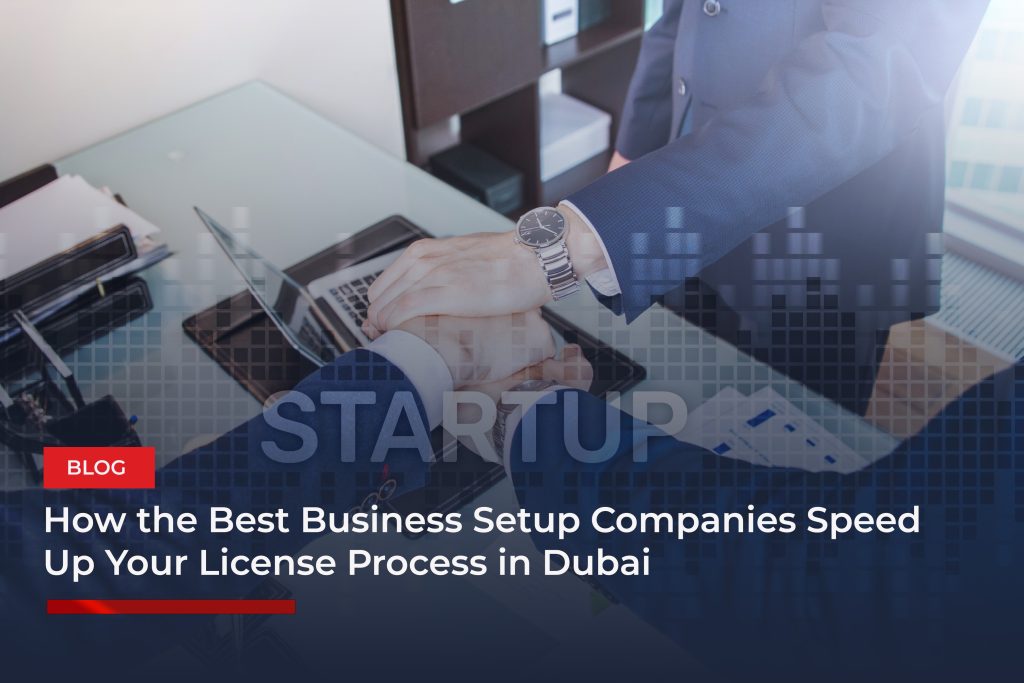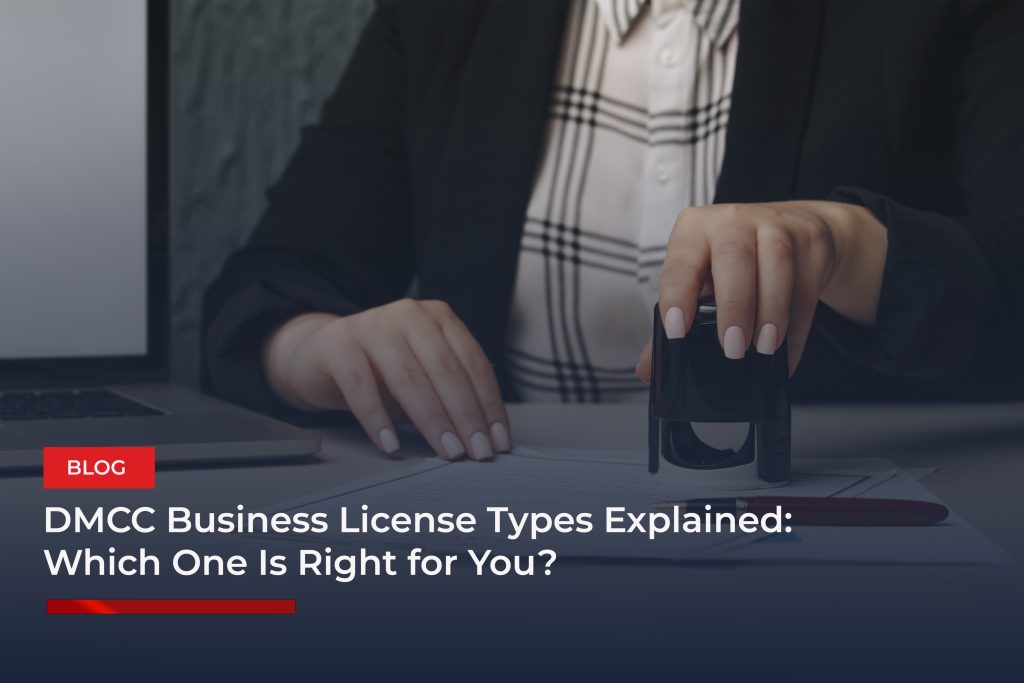Understanding VAT in the UAE: What Every New Business Should Know
Understanding VAT in the UAE is crucial for any new venture aiming to build a legally compliant and financially sound foundation. Since the Federal Tax Authority (FTA) introduced Value Added Tax (VAT) in 2018 at a standard rate of 5%, it has become a key component of doing business in the Emirates. Whether you are a freelancer, SME, or preparing for large-scale operations, VAT regulations touch every part of your financial structure—from pricing and procurement to reporting and audit readiness. Knowing what VAT is, how it works, and how to stay compliant is vital for navigating the UAE’s competitive business landscape. Understanding VAT in the UAE Business Ecosystem VAT is an indirect tax applied to most goods and services at each stage of the supply chain. In practice, businesses collect VAT on behalf of the government from their customers and remit it to the FTA. However, this process requires more than just adding 5% to an invoice. Startups must assess if their taxable supplies—both goods and services—meet the mandatory registration threshold of AED 375,000 per annum. If not, but the figure is above AED 187,500, they may still opt for voluntary registration, which can offer long-term advantages. UAE VAT for businesses is not only about fulfilling a legal requirement—it also reflects the company’s professionalism and transparency. Investors, partners, and customers are more likely to trust startups that maintain accurate VAT practices, as this demonstrates operational readiness and fiscal responsibility. The Critical Role of VAT Registration and Invoicing New businesses often underestimate the role of VAT registration. Failure to register on time can lead to administrative penalties, delayed operations, or even legal complications. Once registered, startups must issue tax invoices that include specific details such as the company’s TRN (Tax Registration Number), the VAT amount, and supply descriptions. Moreover, VAT must be correctly recorded in accounting software, and businesses must retain supporting documentation like contracts, receipts, and import declarations for up to five years. This is essential for demonstrating compliance during audits or when submitting refund claims. Tax Compliance for Startups: Laying a Strong Foundation In the fast-paced startup environment, it’s easy to overlook compliance in favor of product development, marketing, or scaling strategies. However, tax compliance for startups should be viewed as part of the company’s infrastructure—critical, not optional. Staying on top of VAT obligations requires accurate record-keeping, timely return filings (typically quarterly), and understanding input VAT recovery. One of the biggest advantages of early compliance is peace of mind. Businesses that build VAT protocols into their financial workflows avoid last-minute scrambles, misfiled returns, or tax disputes that can drain resources and damage their credibility. Common VAT Mistakes New Businesses Make Many new businesses make costly VAT errors during their early months of operation. A frequent mistake is assuming that VAT doesn’t apply until the company reaches profitability, whereas it actually hinges on turnover, not profit. Some startups also charge VAT before registering, which is illegal and punishable by fines. Other missteps include failing to distinguish between zero-rated and exempt supplies, which leads to incorrect filings, and poor documentation, which can render a business ineligible to reclaim input VAT. These common pitfalls can lead to financial loss and regulatory issues that stall growth. How Links Corporate Consultants Can Help with VAT Services With regulations constantly evolving, startups are better served by engaging experts who understand the VAT landscape. Links Corporate Consultants provide end-to-end VAT support, from registration and TRN acquisition to VAT accounting, filing, and compliance audits. They also offer bespoke advisory services tailored to the specific needs of each business, ensuring nothing is left to chance. Links helps entrepreneurs avoid compliance gaps by streamlining the entire VAT lifecycle, including invoice validation, input VAT recovery, and real-time financial reporting. Their proactive approach not only reduces risk but also saves startups time and money—allowing founders to focus on their core operations while remaining fully compliant with the UAE’s tax framework. Final Thoughts VAT in the UAE may seem complex for new entrepreneurs, but it’s an essential part of establishing a resilient, legally compliant business. The sooner startups align with VAT requirements, the more efficiently they can operate and grow. From maintaining clean records to avoiding penalties, every aspect of VAT management plays a role in long-term business success. Partnering with experienced professionals like Links Corporate Consultants empowers startups to take control of their tax responsibilities without confusion or delays. Their expertise, transparency, and customized support help startups navigate VAT obligations seamlessly. For any new business looking to grow with confidence in the UAE, understanding and managing VAT the right way is not just a regulatory necessity—it’s a strategic advantage.
Understanding VAT in the UAE: What Every New Business Should Know Read More »










